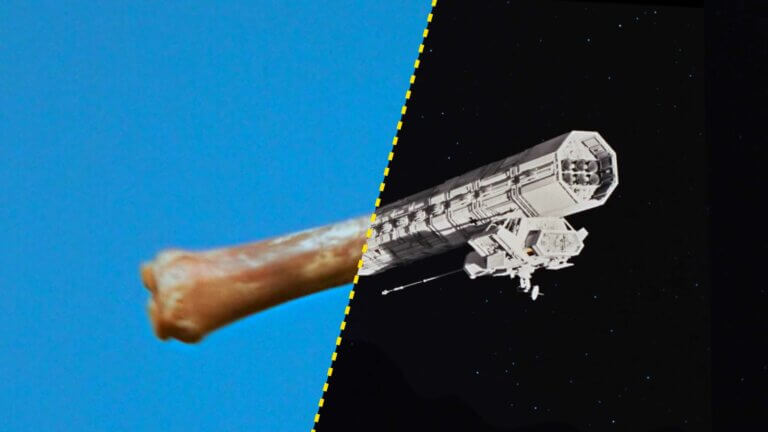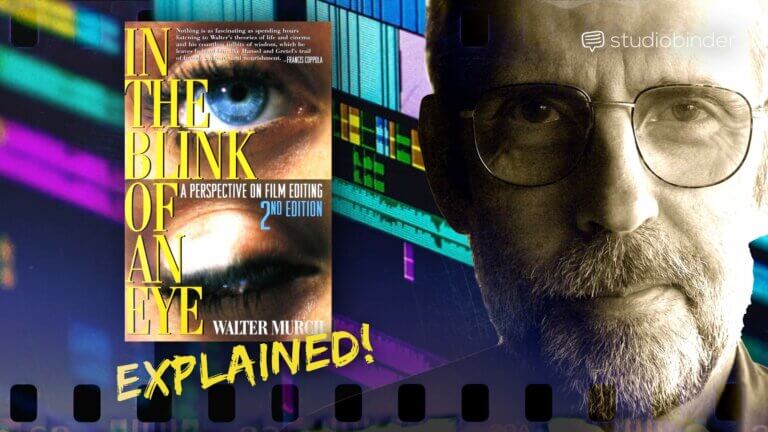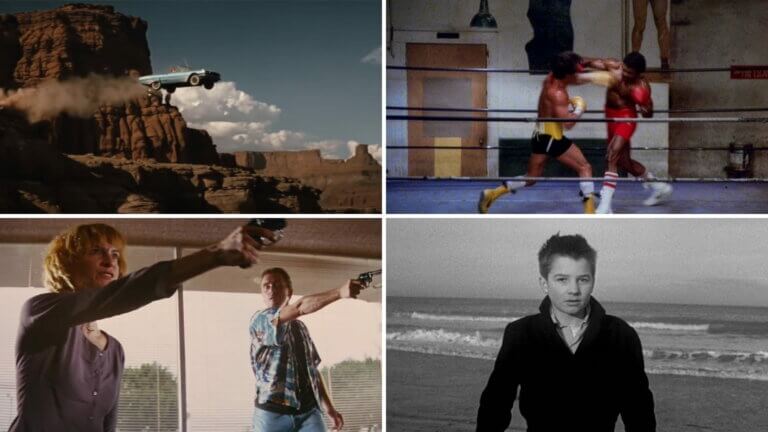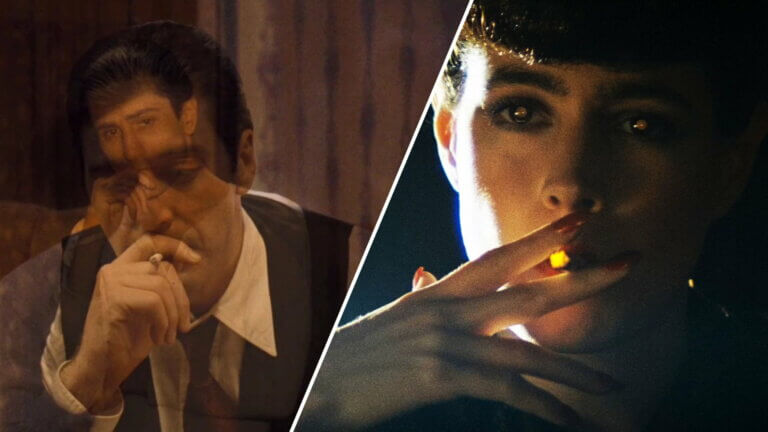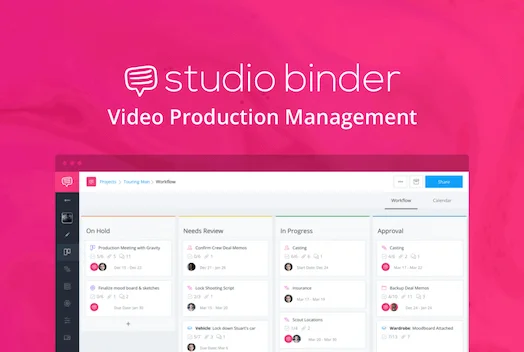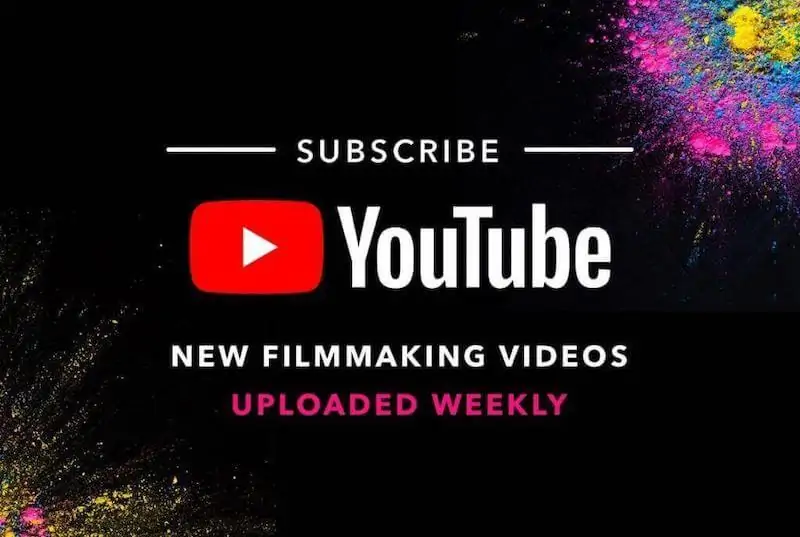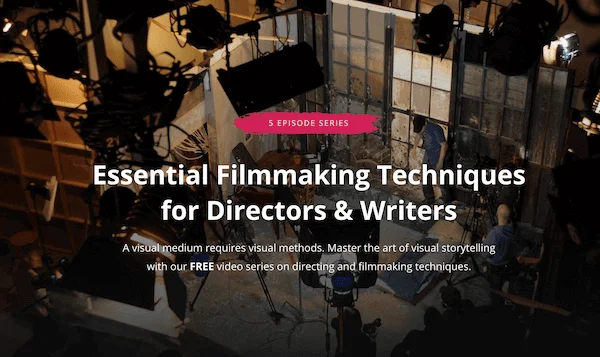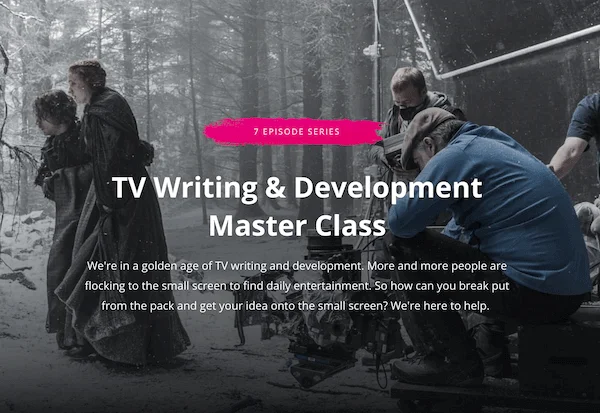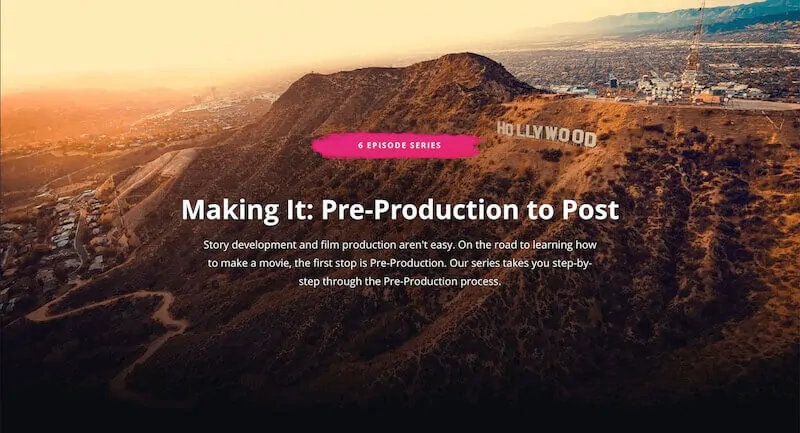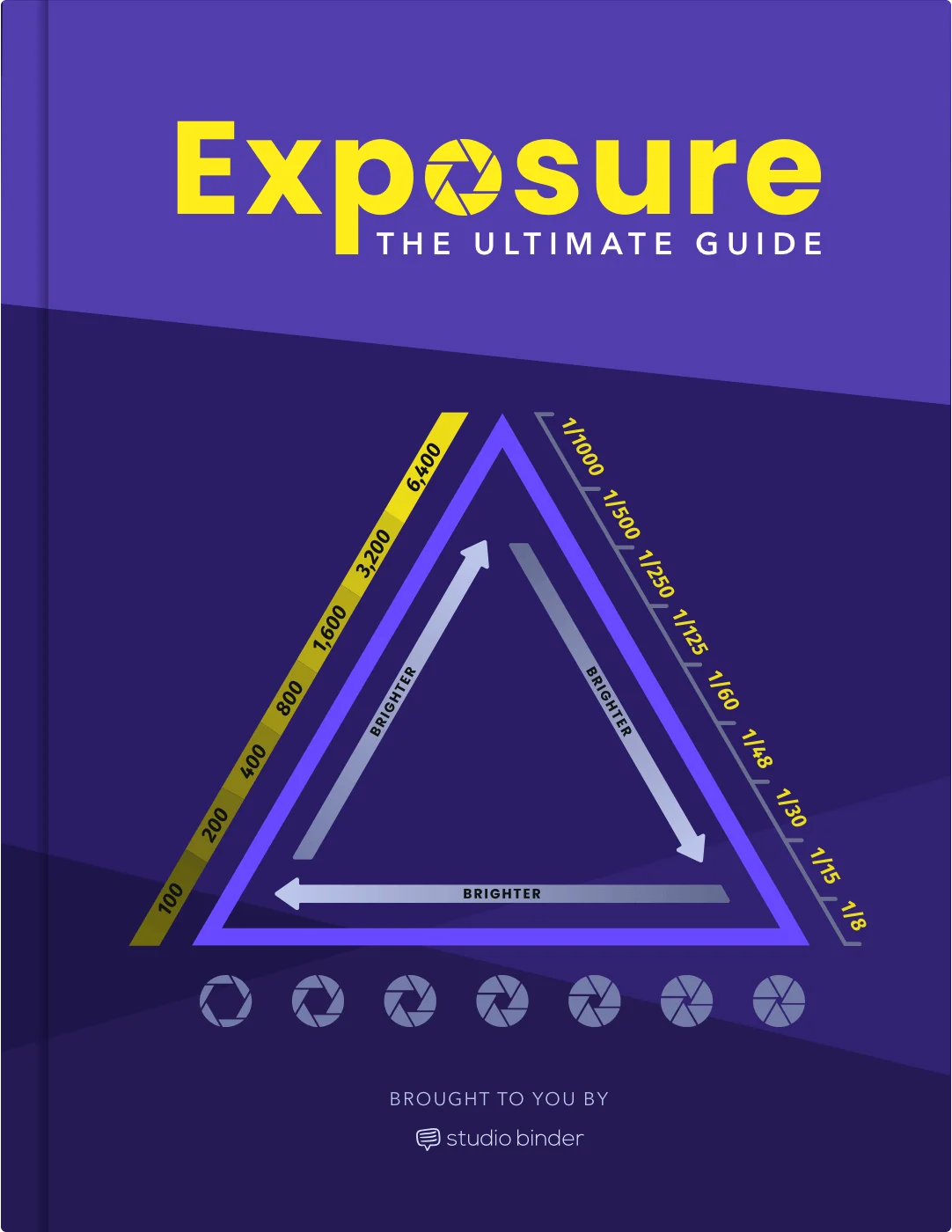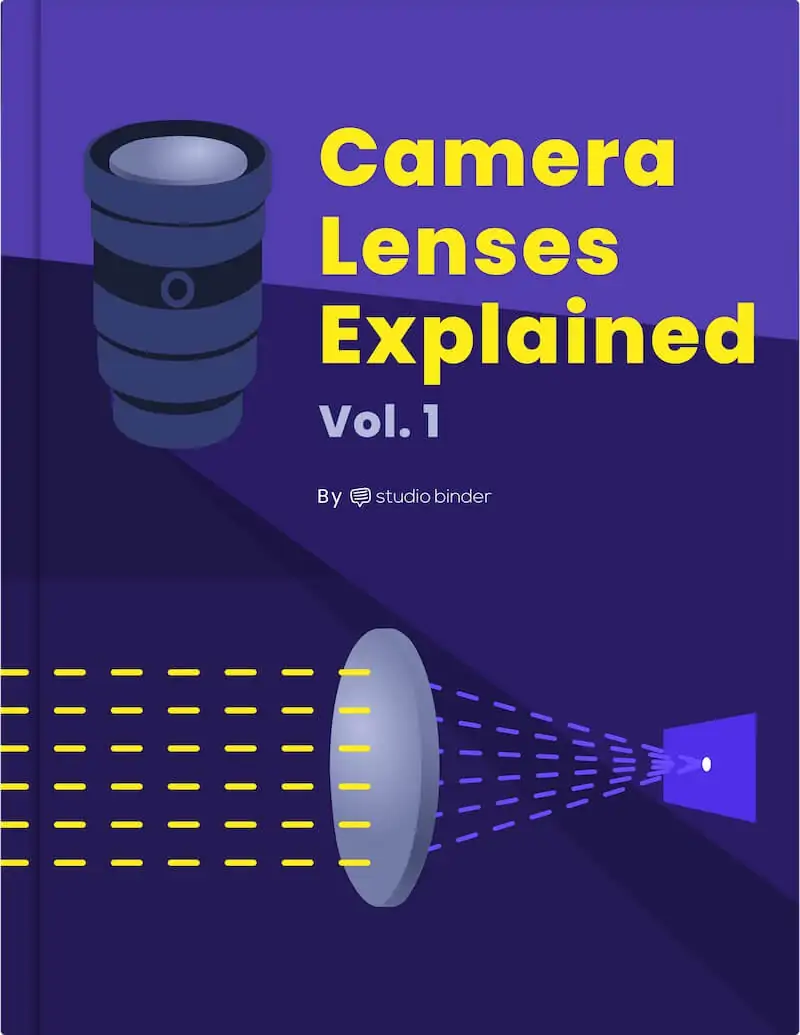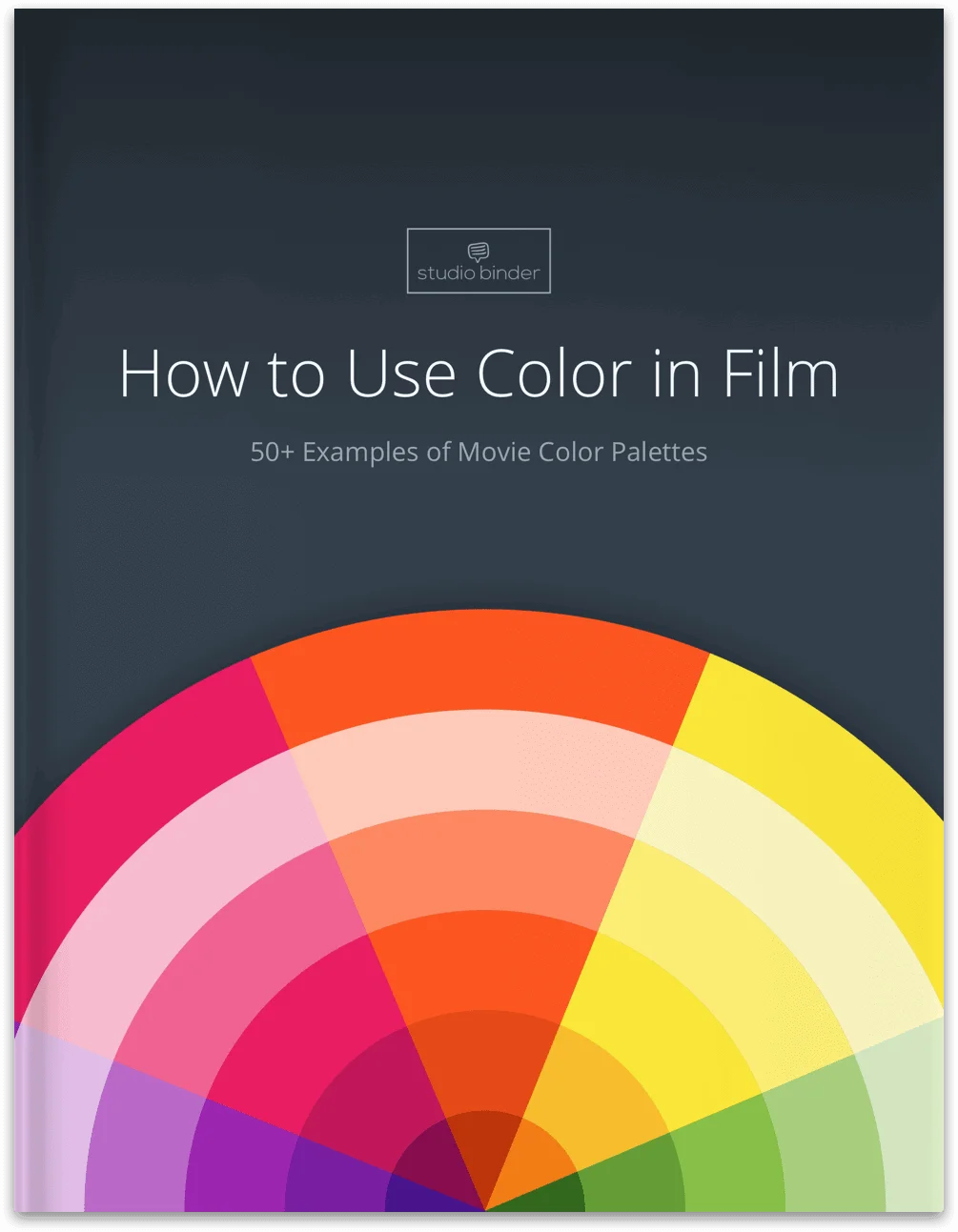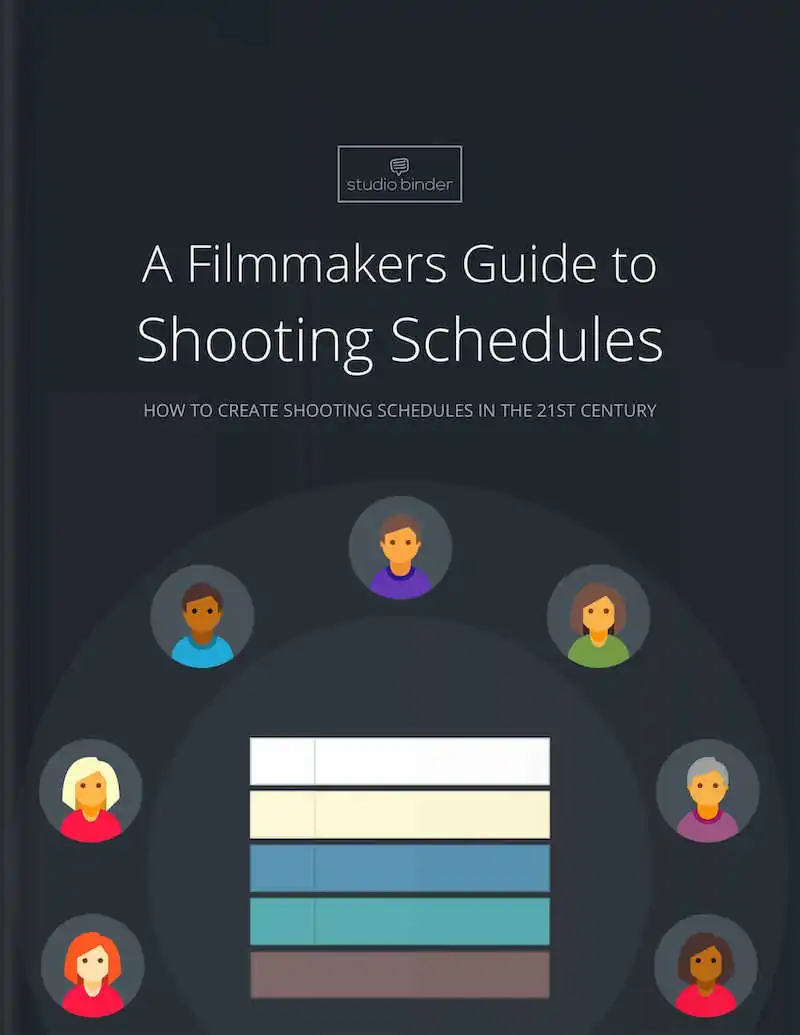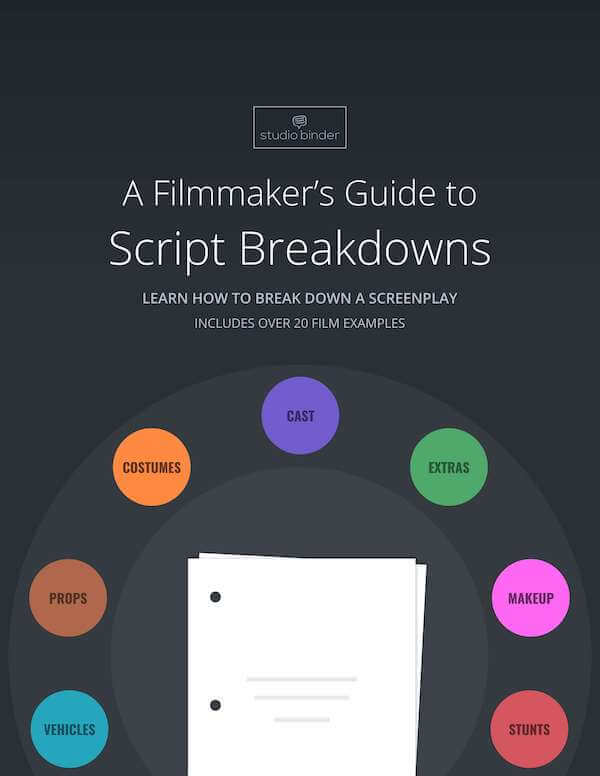We’ve discussed the basics of exposure — overexposure, underexposure and what camera settings control it. But what is double exposure? It isn’t a difficult technique to master, it just takes a little practice. In this post, we'll cover the basics behind this style with some tutorials on how to do double exposure in Photoshop. Let’s define it and learn how to capture it so you can produce creatively unique images on demand.Continue reading What is Double Exposure? Techniques in Photography and Film
Eyelines in film help you tell a professional visual story better than most directing techniques and film gear ever will. The very basics of crafting an effective scene begins with the eyeline match. This is a filmmaking technique that, when done correctly, should go completely unnoticed. Nonetheless, it is an incredibly important technique that all filmmakers should know and understand. A lack of attention to eyeline match can result in visible errors in an entire scene. In this article, we’ll answer, "What is eyeline match" and why it's so important. Continue reading What is an Eyeline Match? Definition & Examples…
Color grading can completely transform the look of your video, but unless you’ve spent years inside a coloring house, you may not have the technical know-how to achieve the desired look. The right LUT can help turbocharge this. So what is a LUT?Continue reading What are LUTs? The Ultimate Guide to Color Grading
Instagram videos are key to successful branding. But that also comes with its own challenges. Like ... what's the proper Instagram video size? What's the best Instagram video format? What are Instagram video dimensions? In this post, we'll go through each component of the Instagram video format and explain the best practices for the app. That way, you can avoid common pitfalls of video size for Instagram and use the app to its full potential. If you're a videographer, photographer, cinematographer, or designer, this post is crucial. Continue reading The Complete Guide to Instagram Video Sizes & Formats (FREE Template)
Movies and television are incredible because they can transport us into a world of wonderment. Today we’re going to go over the Kuleshov Effect and how the greatest director of all time, Steven Spielberg, put his own twist on the editing technique for his personal stamp.Continue reading The Kuleshov Effect Explained (and How Spielberg Subverts it)
Everyone loves to see a great scene transition, but how do you connect scenes on a deeper level? Consider using a match cut. Using similar colors, shapes, actions or even dialogue, match cuts add that extra level of meaning to create a more cohesive and seamless narrative. In today’s post, we’re going to break down match cuts so that you not only understand how they work but also why they are so much more effective than a normal scene transition. Continue reading Match Cuts & Creative Transitions with Examples – Editing Techniques
Directors and cinematographers shoot with purpose, as they match their technical shot choices with the intended tone or emotion of the story. Of course, they’re not the only ones making critical choices. Editors’ decisions hugely determine the success of a film. It is up to the editor to assemble every scene, every cut in a scene, to tell the intended emotional truth of the story. It’s a tall order. To alleviate some of this pressure, Oscar-winning editor, Walter Murch, outlined some helpful tools. In his book, In the Blink of an Eye, Walter Murch details The Rule of Six, discussing…
While not always necessary for story-telling, freeze frames are a timeless tool in film and television. Whether for stylistic purposes or to draw attention to particular aspects of your film, it’s important to whittle down the motivation for your freeze frame. Read on to dissect successful freeze frame movie examples and ways you can implement them in your own work. Continue reading What is a Freeze Frame — The Best Examples & Why They Work
Imagine you're watching a character reminiscing about their past. As they stare into the distance, their present environment gradually fades, and a scene from their past starts to emerge, taking us into their memory. This smooth transition, this blending of two moments, is the magic of a cross fade. This article aims to uncover the secrets of the cross fade, delving into its intricacies to provide a deeper understanding and enhance your filmmaking knowledge. Continue reading What is a Cross Fade Transition — Definitions & Examples
Watching a film can sometimes feel like looking at the world through someone else’s eyes. This someone else may be a particularly auteurist filmmaker, or they can be a character within a movie that a filmmaker wants us to identify with. Referred to as subjective cinema, this filmmaking technique can be incredibly powerful.Continue reading Subjective Cinema — Types and Techniques in Filmmaking





